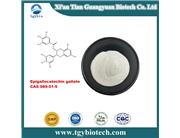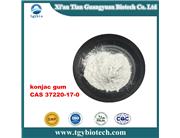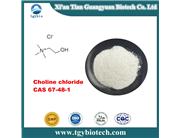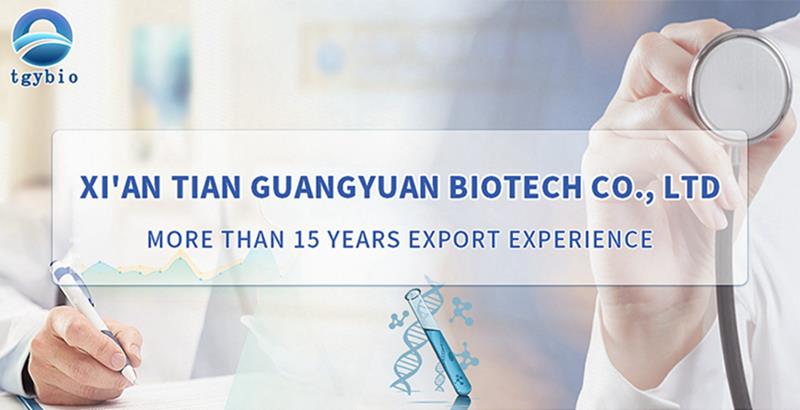
Quercetin, as the most common flavonoid compound, has a variety of biological activities, can resist oxidation, and plays an important role in the clinical treatment of cancer and cardiovascular disease.
Antioxidant function
Quercetin not only participates in the oxidation in vitro, can inhibit DNA oxidative damage, but also can protect tissues from oxidative damage by reducing the concentration of peroxide in tissues in vivo. On the one hand, quercetin can effectively inhibit the production of free radicals. Its flavonoids such as quercetin can significantly reduce the incidence rate of gastric cancer, directly inhibit the growth of cancer cells or may act on the cell transduction pathway of cancer cell proliferation.
Enhance the effect of anticancer drugs and significantly improve the efficacy.
Protect cardiovascular system. It is mainly reflected in five aspects: expanding blood vessels and lowering blood pressure; Prevention and treatment of coronary heart disease: Through animal experiments, we also found the function of reducing the incidence and mortality of myocardial infarction and lowering blood sugar; Reduce myocardial hypertrophy; Inhibit the proliferation and hypertrophy of vascular smooth muscle cells; Anti-thrombotic.
Anti-inflammatory effect: lipopolysaccharide (LPS) can cause immune response and inflammatory reaction of the body when the immune system of the body is fighting against bacterial invasion.
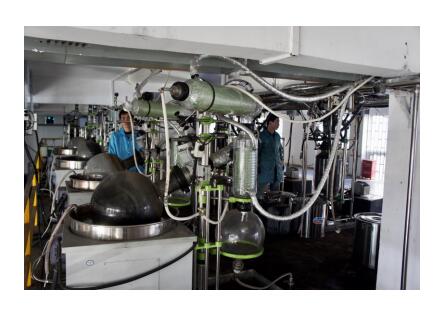


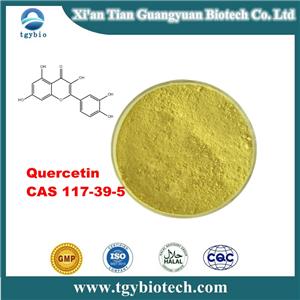
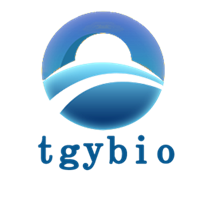
 China
China
